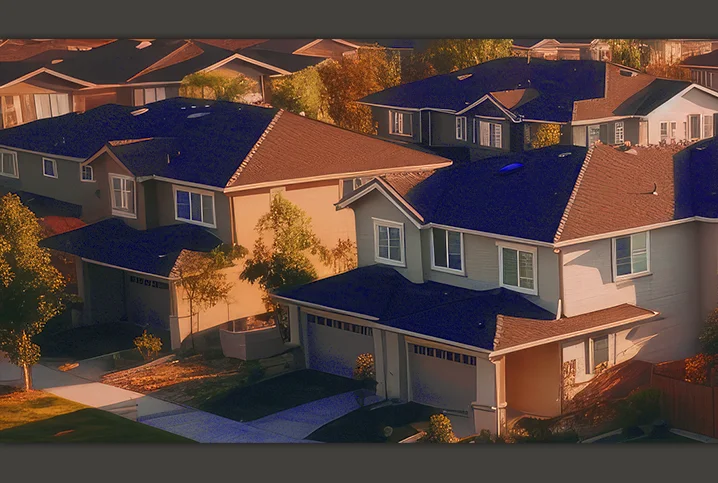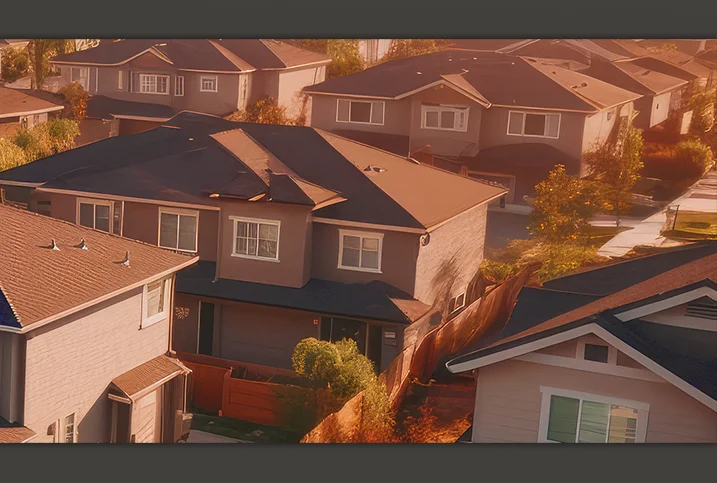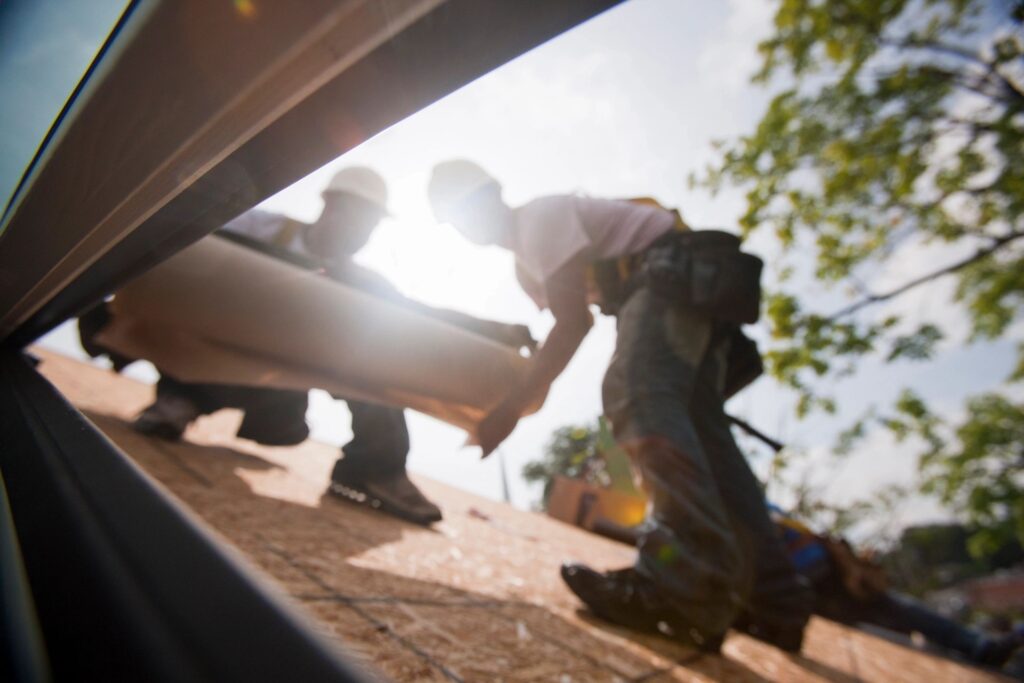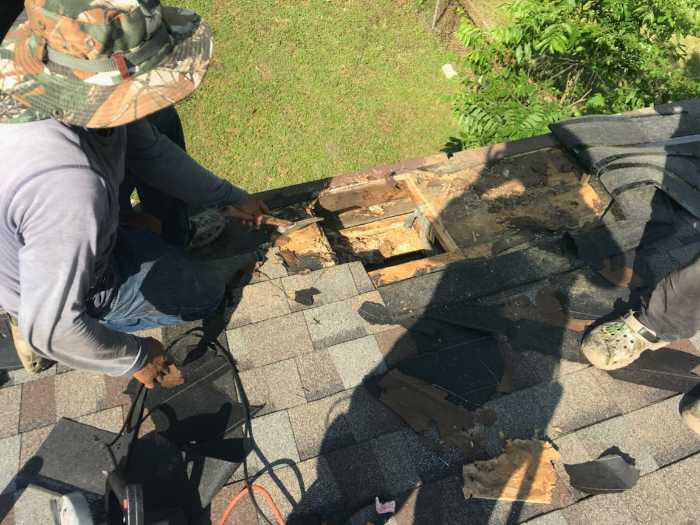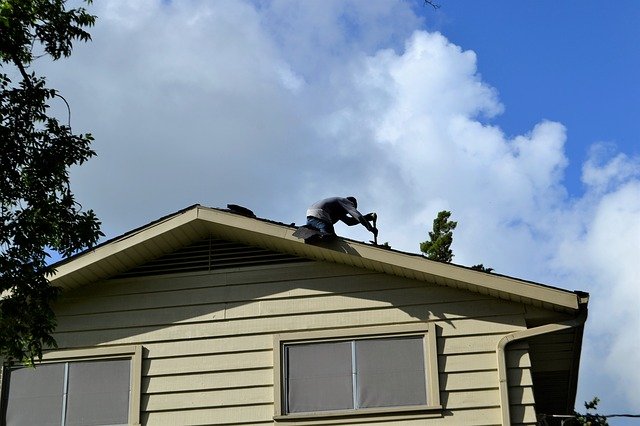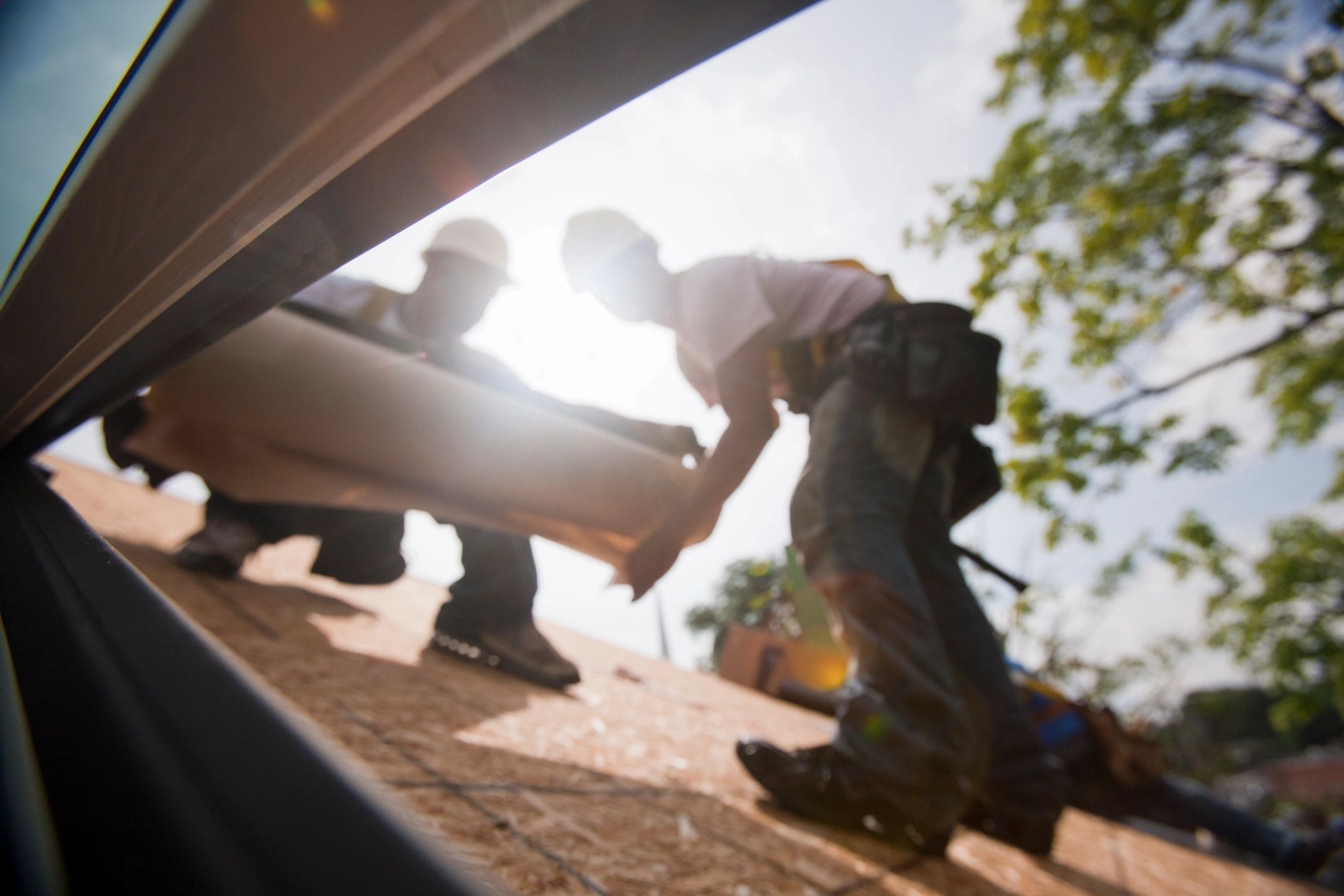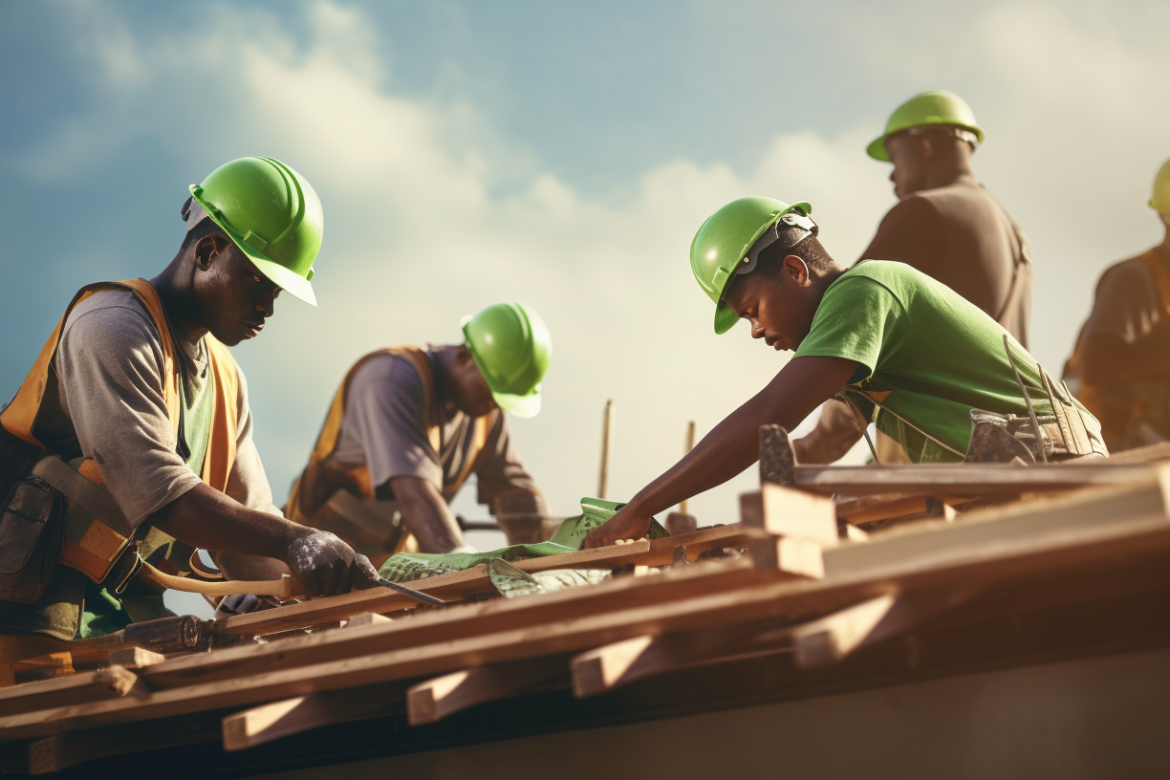The condition and longevity of a roof are critical to preserving the overall health and safety of a building. Regular roof inspections play a pivotal role in ensuring that your roof remains in excellent condition. These inspections can identify potential issues early, saving costs on expensive repairs that might occur if problems are left unattended. They also provide peace of mind for homeowners, who can rest easy knowing that their roof is secure and well-maintained. Apart from these immediate benefits, regular inspections have a more far-reaching impact on insurance claims, property value, and warranty protection.
To illustrate, consider the case of a homeowner who noticed a few discolored spots on their ceiling. Instead of dismissing it as a minor issue, they scheduled a roof inspection. The inspection revealed a small leak that would have resulted in substantial water damage if not addressed promptly. By identifying the issue early, the homeowner saved money on costly repairs and protected the integrity of their home.
Importance of Regular Roof Inspections
Regular roof inspections are essential for early detection of roof issues such as leaks, moss growth, or missing shingles. These issues, if left unchecked, can lead to significant damage to other parts of the building and potentially cause health problems. Regular inspections can prevent these scenarios by identifying and addressing minor damages before they escalate into major issues.
For instance, consider a commercial building that had not been inspected for many years. Over time, unnoticed leaks led to severe water damage, compromising the building’s structural integrity and resulting in costly repairs. Regular roof inspections could have identified these leaks early and prevented such extensive damage. Moreover, insurance companies often require inspections to assess the condition of the roof, especially for older homes or in areas prone to storms. Therefore, inspections should be scheduled regularly and also after any significant weather events.
Benefits of Regular Roof Inspections
Conducting regular roof inspections can extend the lifespan of the roof by managing minor roof damage and identifying structural issues early. This proactive approach to roof maintenance can lead to significant cost savings on repairs. For example, replacing a few damaged shingles is much cheaper than having to replace an entire section of the roof due to unchecked water damage.
Homeowners also gain peace of mind and confidence in the status of their roofing system through regular inspections. Besides, regular inspections can increase the value of a property by ensuring the roof, a critical component of the home, is in excellent condition. A well-maintained roof can be a strong selling point for potential buyers, boosting the property’s market value.
Role of Roof Inspections in Insurance Claims and Coverage
Roof inspections are integral to the insurance claim process. They provide detailed reports of roof damage and estimated repair costs, thereby simplifying the process of filing an insurance claim. Insurance companies often request roof inspections to assess the condition of roofs and mitigate potential damage and claims.
For example, after a severe storm, homeowners may need to file an insurance claim for roof damage. A thorough roof inspection can provide the necessary documentation to support the claim, making the process smoother and more straightforward. Standard homeowners’ insurance policies come with actual cash value (ACV) roof coverage, which takes depreciation into account. Hence, maintaining your roof in good condition is essential to retain its value and ensure full coverage.
Ensuring Safety, Security, and Proper Maintenance through Inspections
Roof inspections are conducted by qualified professionals, ensuring safety and preventing accidents during the inspection process. Regular inspections help ensure proper drainage, preventing clogged gutters and water damage.
For example, a homeowner noticed that water was not draining properly from the roof during rainfall. A roof inspection revealed that the gutters were clogged with leaves and debris. The inspector cleaned the gutters, preventing potential water damage.
Moreover, inspections help homeowners prepare for roof replacement by assessing roof damage and determining the remaining lifespan. For instance, if a roof is nearing the end of its lifespan, an inspector can provide an estimate of how long it will last before replacement is necessary. This information can help homeowners budget for a roof replacement and avoid unexpected costs.
Common Roof Problems Uncovered by Inspections
Roof inspections can identify common roof problems such as missing shingles, plant or moss growth, leaks or cracks, curling or buckling shingles, shingle granules in gutters, and sagging or drooping roofs. Inspections can assess these issues and uncover severe roof problems before they cause extensive damage.
For example, during an inspection, an inspector noticed that several shingles were curling and buckling. He advised the homeowner to replace these shingles immediately to prevent leaks and water damage. The prompt action saved the homeowner from more extensive repairs down the line.
Role of Roof Inspections in Maintaining Warranties
Regular inspections are crucial to ensuring proper maintenance and preventing issues that can void warranties. Manufacturer warranties and contractor guarantees often require regular inspections and prompt reporting of any issues. Neglecting regular inspections can lead to expensive repairs and voiding of these warranties.
For instance, a homeowner failed to schedule regular roof inspections and did not report some minor issues to their contractor. Over time, these minor issues turned into significant damage. The homeowner was shocked to find out that their warranty did not cover the repair costs because they had failed to report the issues in a timely manner.
Impact of Regular Inspections on Roof Lifespan
Regular roof inspections can significantly extend the lifespan of the roof system. Proactive roof maintenance identified through inspections is essential to prevent premature failure. By addressing minor issues early, the overall lifespan of the roof system can be significantly extended, saving homeowners from the cost and inconvenience of early replacement.
For example, a homeowner who scheduled regular roof inspections was able to identify and address minor issues before they became major problems. As a result, the roof’s lifespan was extended by several years, saving the homeowner the cost of an early replacement.
The importance of regular roof inspections cannot be overstated. They are crucial for detecting issues early, saving costs, ensuring safety, and maintaining insurance coverage. Moreover, they play a significant role in increasing property value and protecting warranties. In essence, regular roof inspections are a smart investment for homeowners. By scheduling regular inspections, homeowners can maximize the benefits and longevity of their roofs, ensuring their homes remain safe and secure for years to come.
